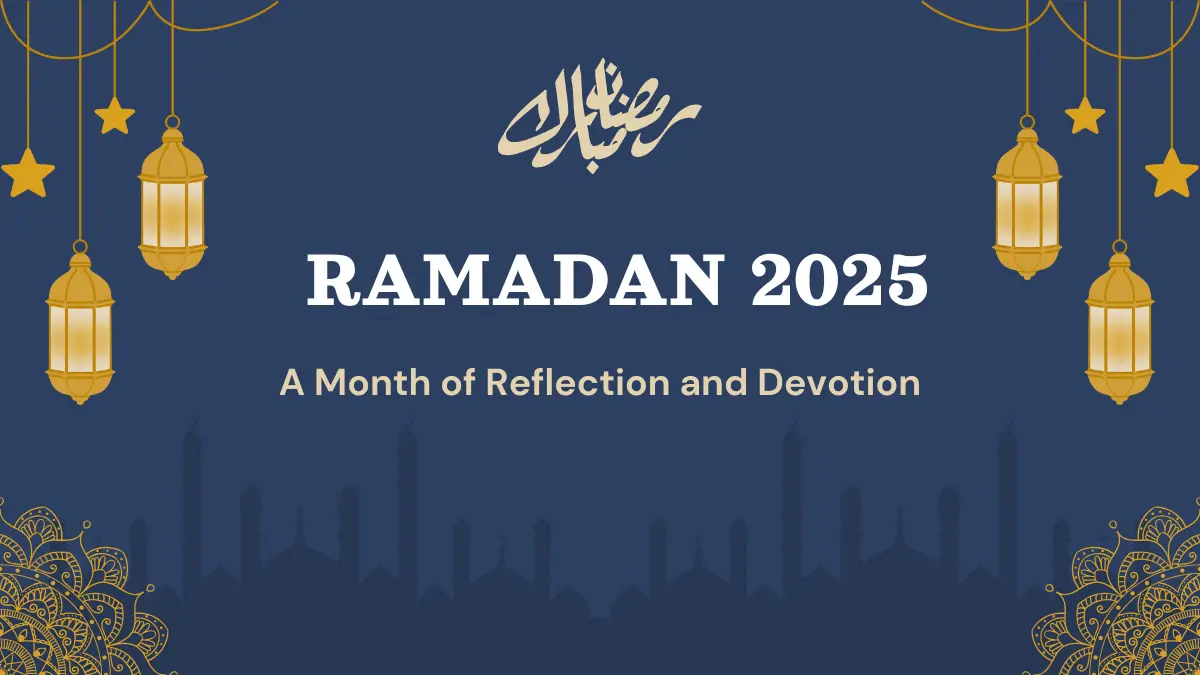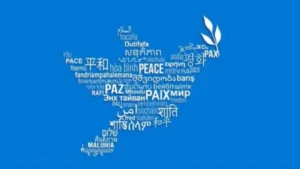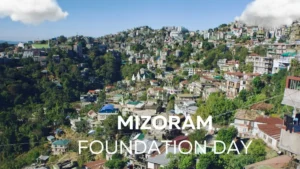Ramadan is the ninth month in the Islamic (Hijri) calendar and is considered one of the holiest periods of worship for Muslims worldwide. The month lasts for 29 or 30 days, depending on the sighting of the moon, and shifts forward by approximately 11 days each year due to the Islamic calendar being based on the lunar cycle rather than the Gregorian calendar used globally.
When is Ramadan 2025?
In 2025, Ramadan is expected to begin on the evening of Friday, 28th February, and end on the evening of Sunday, 30th March, subject to the sighting of the moon. The exact dates may vary based on regional moon sighting committees.
The Significance of Ramadan
Ramadan is the month in which the Holy Qur’an was first revealed to Prophet Muhammad (peace be upon him). It is also the time when Muslims observe one of the Five Pillars of Islam, known as Sawm (fasting).
Why is Ramadan Important to Muslims?
Ramadan holds immense spiritual value for Muslims as it offers an opportunity for self-purification, spiritual growth, and strengthening one’s faith. It is a time when the rewards for good deeds are multiplied, and believers strive to:
- Strengthen their relationship with Allah
- Practice self-discipline through fasting
- Engage in increased prayer and Qur’an recitation
- Seek forgiveness for past sins
- Give to charity through Sadaqah and Zakat al-Fitr (Fitrana)
How is Ramadan Celebrated?
Muslims around the world celebrate the arrival of Ramadan by preparing spiritually and decorating their homes to create a festive atmosphere. Many families put up lights, banners, and Islamic calligraphy to reflect the sacredness of the month.
Muslims exchange greetings such as:
- “Ramadan Mubarak” (Blessed Ramadan)
- “Ramadan Kareem” (Generous Ramadan)
During this month, Iftar parties (breaking of the fast) are common, where families and communities gather to share meals. Providing food for others at Iftar is a highly rewarded act in Islam.
Practices During Ramadan
What Do Muslims Do During Ramadan?
During Ramadan, Muslims observe the following religious practices:
- Fasting from dawn to dusk (Sawm)
- Increased recitation of the Qur’an
- Attending Taraweeh (special night prayers)
- Sending salutations (Salawat) upon Prophet Muhammad (PBUH)
- Seeking forgiveness and making supplications (Dua)
- Performing acts of charity (Sadaqah) and paying Zakat al-Fitr
- Strengthening family and community bonds
Why Do Muslims Fast During Ramadan?
Fasting (Sawm) is one of the Five Pillars of Islam and is obligatory upon every healthy, adult Muslim who has reached puberty. Fasting serves multiple purposes:
- Self-discipline and self-control: Abstaining from food, drink, and other desires helps in developing a sense of mindfulness and gratitude.
- Spiritual purification: Fasting is seen as an opportunity to cleanse oneself from sinful actions and draw closer to Allah.
- Empathy and compassion: Experiencing hunger and thirst allows Muslims to empathize with the less fortunate and encourages them to help those in need.
Ramadan 2025: Rules of Fasting
What Can’t You Do During Ramadan?
During the fasting hours, Muslims must abstain from:
- Eating and drinking
- Engaging in intimacy with one’s spouse
- Lying, cheating, and backbiting
- Engaging in arguments or conflicts
- Indulging in negative or impure thoughts
Instead, Muslims are encouraged to control their temper, increase their prayers, and engage in dhikr (remembrance of Allah).
Eid ul-Fitr: The Celebration After Ramadan
What is Eid ul-Fitr and Why is it Important?
At the end of Ramadan, Muslims celebrate Eid al-Fitr, one of the two major Islamic festivals (the other being Eid al-Adha).
Eid al-Fitr falls on the 1st day of Shawwal, the 10th month of the Islamic calendar, and is a time of celebration, gratitude, and community bonding.
How is Eid Celebrated?
- Special Eid prayers are performed in mosques or open grounds.
- Muslims dress in new or best clothes and visit family and friends.
- Children receive gifts and money (Eidi) from elders.
- Charity is emphasized, with Muslims paying Zakat al-Fitr before Eid prayers to support the needy.
- Festive meals are shared with loved ones to mark the joyous occasion.



 International Mother Language Day 2026: ...
International Mother Language Day 2026: ...
 Arunachal Pradesh Foundation Day 2026: P...
Arunachal Pradesh Foundation Day 2026: P...
 Mizoram Foundation Day: A Tribute to Cul...
Mizoram Foundation Day: A Tribute to Cul...








